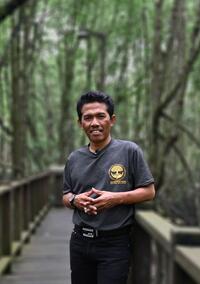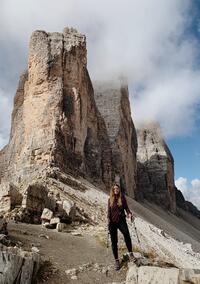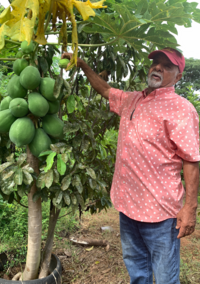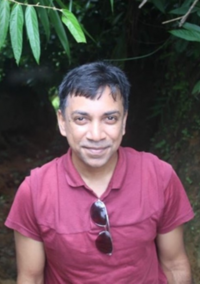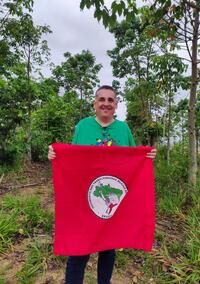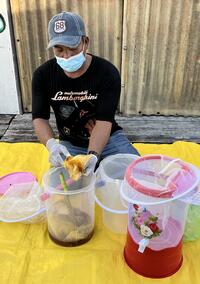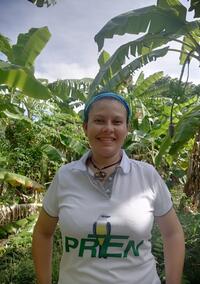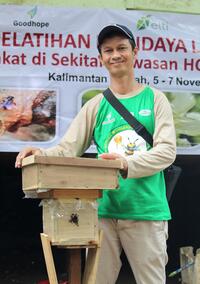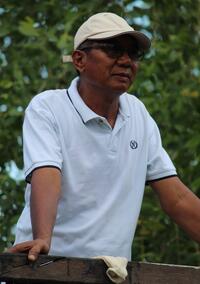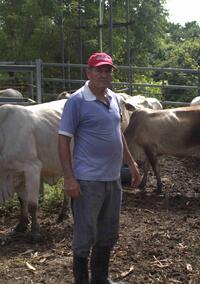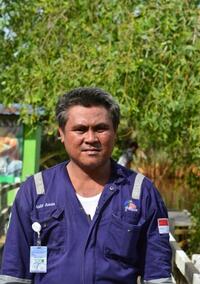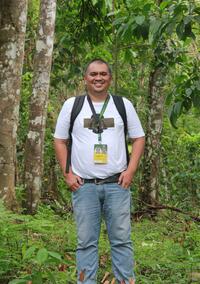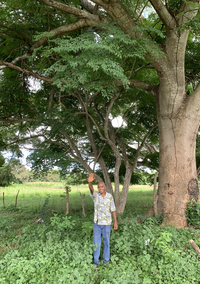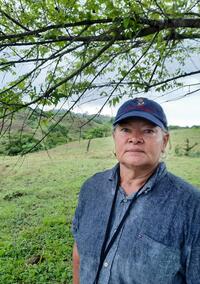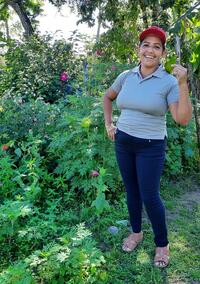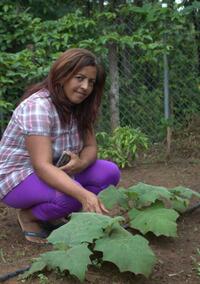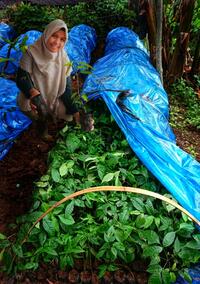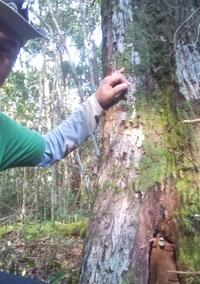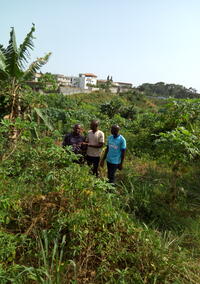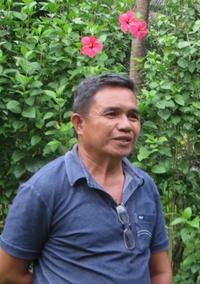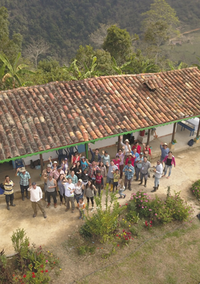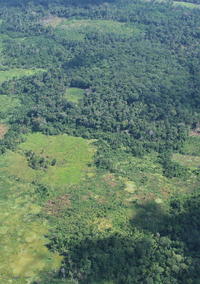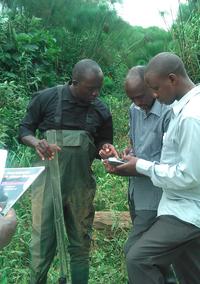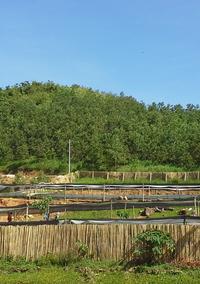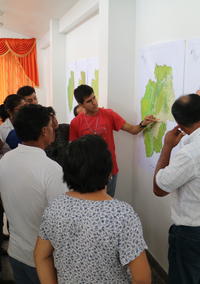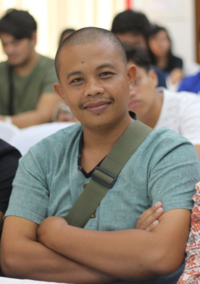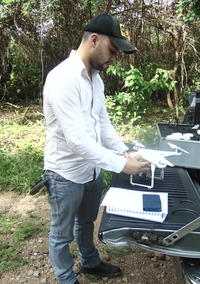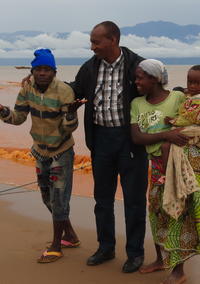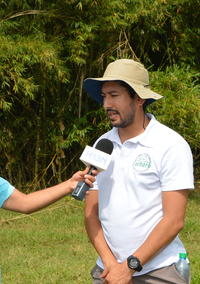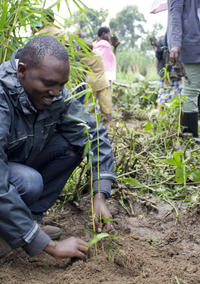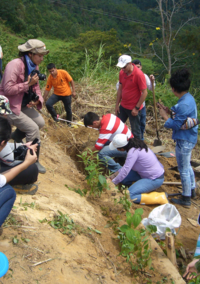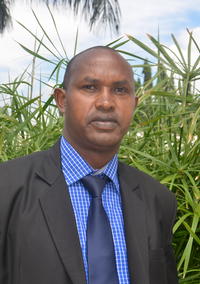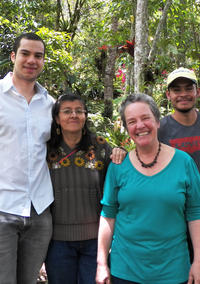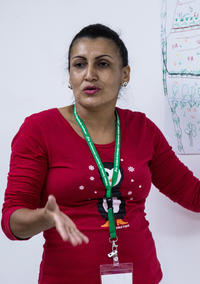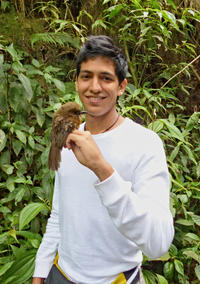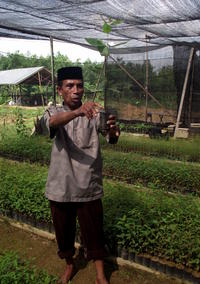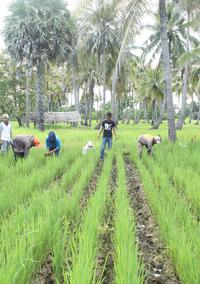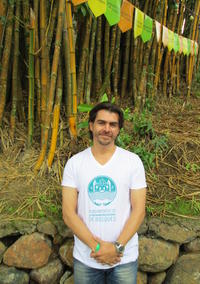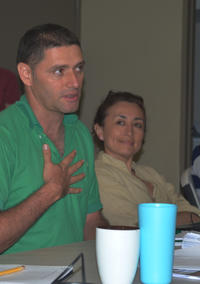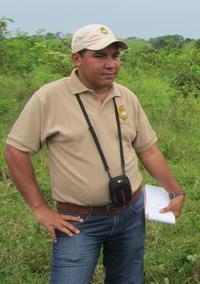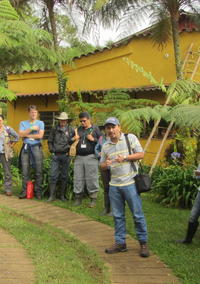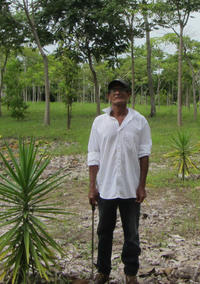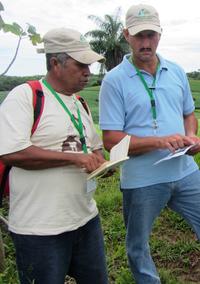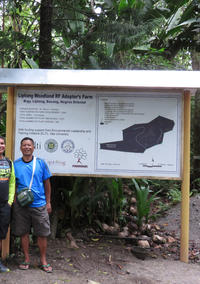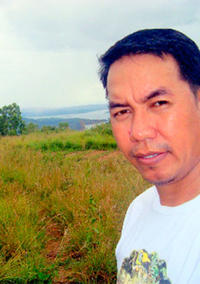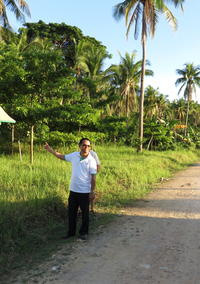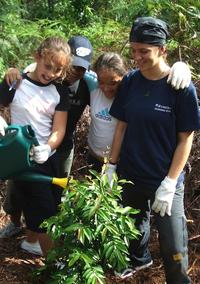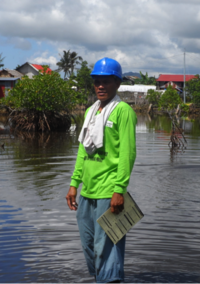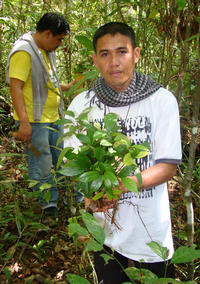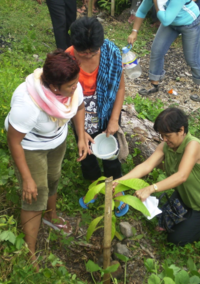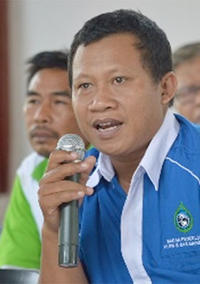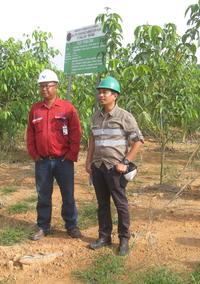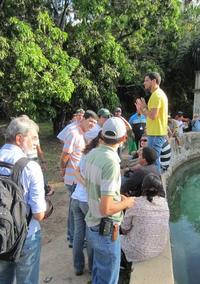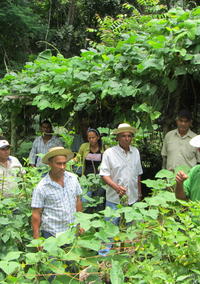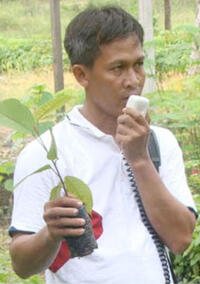You are here
Paddy Field School Helps Restore Mangroves and Economy on Tanakeke
Before the 1980s, 1,776 hectares of mangrove forest surrounded Tanakeke Island, a 4,252-hectare coral atoll. Residents made their livelihoods farming rice and fishing.
Over the ensuing decade, commercial fish and shrimp ponds replaced about 70% of the mangrove forest. The aquaculture proved unsustainable: the majority of the ponds were abandoned during the 1990s. But their local and global impacts remained: fertilizers and other chemicals leached into the surrounding waters, many sea creatures suffered for lack of nursery habitat, and the mangroves’ unparalleled carbon sequestration services laid dormant.
The field school taught us many things that we previously hadn’t understood, especially the benefit of organic fertilizer. We learned about the importance of regulating planting distance, the best timing for replanting rice seedlings, the best strategy for applying fertilizer, and numerous other techniques.
Daeng Malik
Between 2011-2014, Blue Forest Foundation (Yayasan Hutan Biru, formerly Mangrove Action Project), coordinated four villages to restore 492 hectares of the heavily degraded ponds back to mangrove forests. They employed Ecological Mangrove Rehabilitation (EMR): breaching dyke walls, restoring the hydrology, and allowing seeds to come in naturally. Since then, the tides have continued to rinse away the damage.
In 2014, prior to a second period of EMR, Blue Forest Foundation partnered with ELTI to give participants a field training. The goal: restore another 100 hectares of abandoned ponds in the village of Balangdatu, the fifth of Tanakeke’s five villages.
Participants like Daeng Malik, a village head, were originally concerned that EMR wouldn’t succeed. Without developing alternative livelihoods, some villagers would continue destroying the remaining mangroves for charcoal production.
These concerned participants applied for a grant through ELTI's Leadership Program to hold a field school that would address the village’s economic needs. The most promising solution: organic rice cultivation.
In December 2015, 25 participants learned all aspects of organic rice production and worked together for five months to complete one full cycle of paddy production on a communally held piece of land. Organic production brings economical and environmental benefits: it removes the need for costly fertilizers and pesticides which have to be brought to the island by boat and can easily damage islanders’ health and the environment.
Following the field school, the participants intend to develop their own agricultural fields—helping to reduce pressure on the existing mangroves and aiding the restoration of mangrove forests in the abandoned fish ponds.
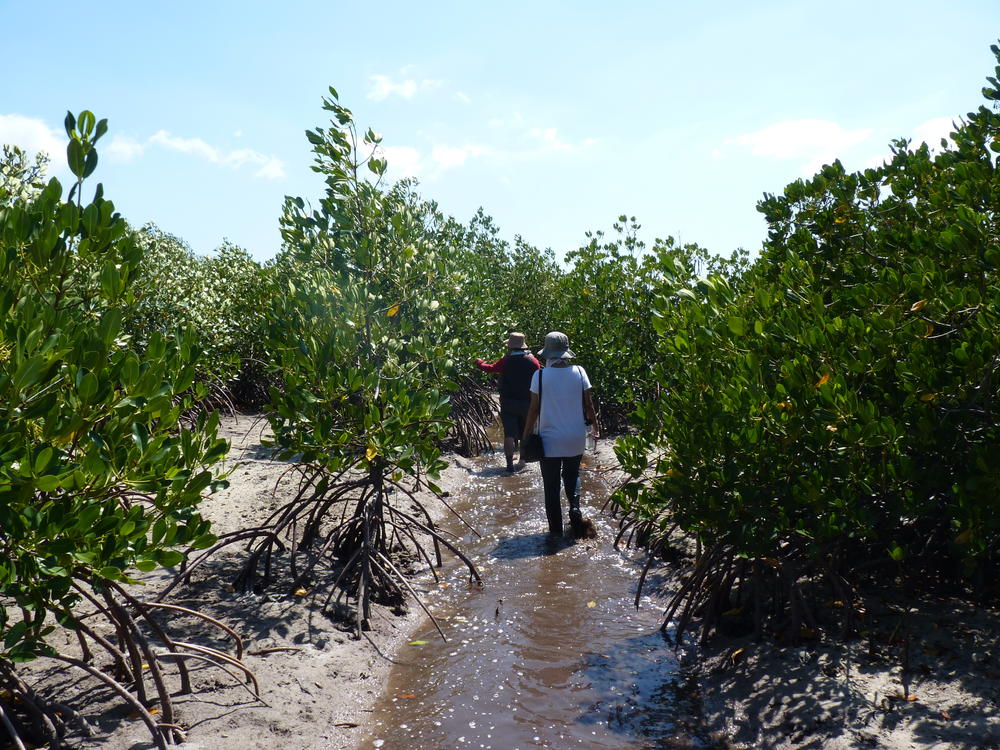
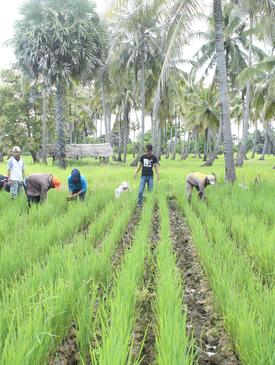
Acknowledgements
Thanks to the Canadian International Development Agency and GoodPlanet Foundation for providing funding for the mangrove rehabilitation efforts on Tanakeke.


